19 Destinations Where Americans May Face Cultural Tensions In 2025

Traveling abroad opens doors to amazing experiences, but sometimes Americans run into unexpected cultural clashes.
As global politics shift and social media amplifies differences, certain destinations might present more challenges than others in 2025. Understanding these potential friction points can help you prepare better and show respect while exploring these fascinating places.
1. France

Beneath the romantic facade lies a growing frustration with tourists who don’t attempt to speak the local language. French citizens in Paris have become increasingly vocal about ‘American invasion’ in their neighborhoods.
Many locals in France appreciate even basic greeting attempts in their language before switching to English. Political tensions between the two nations might add another layer of complexity to your baguette-filled adventure.
2. China

Geopolitical rivalries have intensified, creating an atmosphere where American visitors might face subtle scrutiny. Local attitudes can shift dramatically based on recent headlines or policy changes between Washington and Beijing.
In China, government-controlled media often portrays Western values negatively. Rural areas particularly may view Americans through a lens colored by propaganda, while major cities tend to be more accustomed to Western visitors.
3. Russia

Cold war echoes continue reverberating through modern interactions. Ordinary Russians often distinguish between American people and policies, but heightened tensions make casual conversations potentially uncomfortable.
Russian authorities may subject American travelers to additional scrutiny. Local media’s portrayal of the United States has grown increasingly negative, potentially affecting how some citizens perceive you during your vodka toast at dinner.
4. Turkey
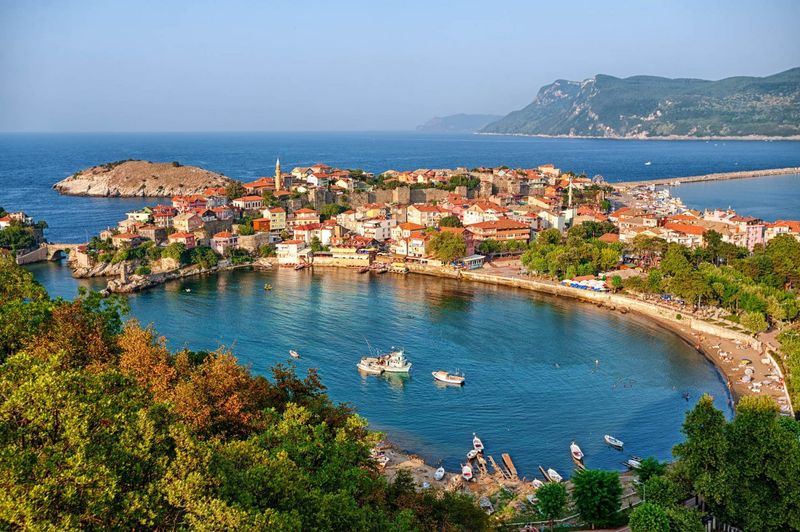
Shifting alliances and regional politics have complicated this once-straightforward relationship. Street vendors might engage you in unexpected political debates about Middle Eastern conflicts or NATO’s role in the region.
Turkish citizens often have strong opinions about American foreign policy. While the famous hospitality remains intact in Turkey, certain topics like Kurdish issues or past coup attempts could quickly turn a friendly chat into an awkward standoff.
5. Iran

Decades of diplomatic estrangement create a unique dynamic for the few Americans granted visas. Ordinary Iranians often warmly welcome rare American visitors while maintaining critical views of U.S. government policies.
Government officials in Iran may monitor your movements more closely than other tourists. The stark contrast between official anti-American rhetoric and the genuine curiosity many Iranians have about American life creates a fascinating but sometimes tense travel experience.
6. Cuba

Political pendulum swings continue affecting this relationship just 90 miles from Florida. Locals might warmly welcome you while simultaneously criticizing the ongoing embargo that impacts their daily lives.
Cuban citizens often distinguish between American people and policies. Vintage American cars contrast with anti-imperialist murals, creating a fascinating backdrop for conversations that frequently turn to politics and the complicated history between our nations.
7. Venezuela

Economic struggles have intensified anti-American sentiment among government supporters. Conversations about politics can quickly become heated, especially when topics like sanctions or democracy arise.
Venezuelan citizens often have polarized views about the United States. Those who oppose the government might see Americans as potential allies, while supporters may view you with suspicion, creating complex social dynamics during your exploration of this resource-rich but troubled nation.
8. North Korea
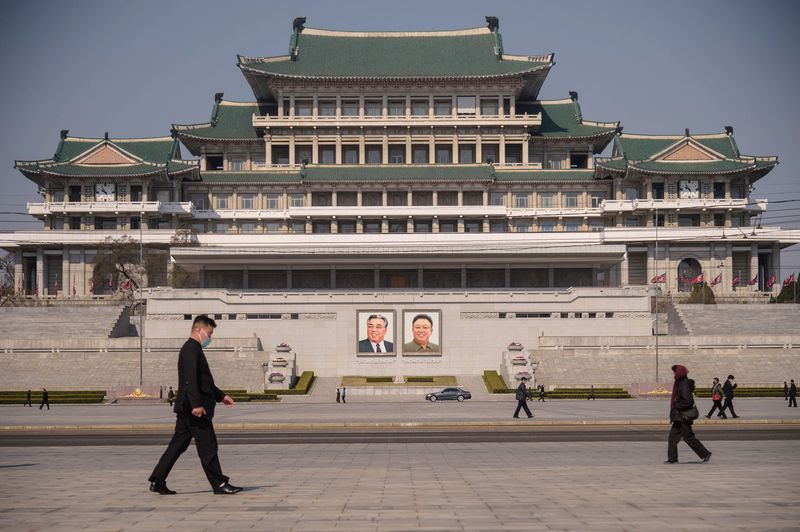
Strictly controlled interactions make this perhaps the most challenging destination. Government minders accompany visitors constantly, carefully managing every conversation and experience throughout your highly choreographed stay.
North Koreans have limited exposure to foreigners, especially Americans. Official guides in this isolated nation translate not just language but ideology, creating a surreal experience where genuine cultural exchange happens primarily through subtle, non-verbal cues and carefully chosen words.
9. Saudi Arabia
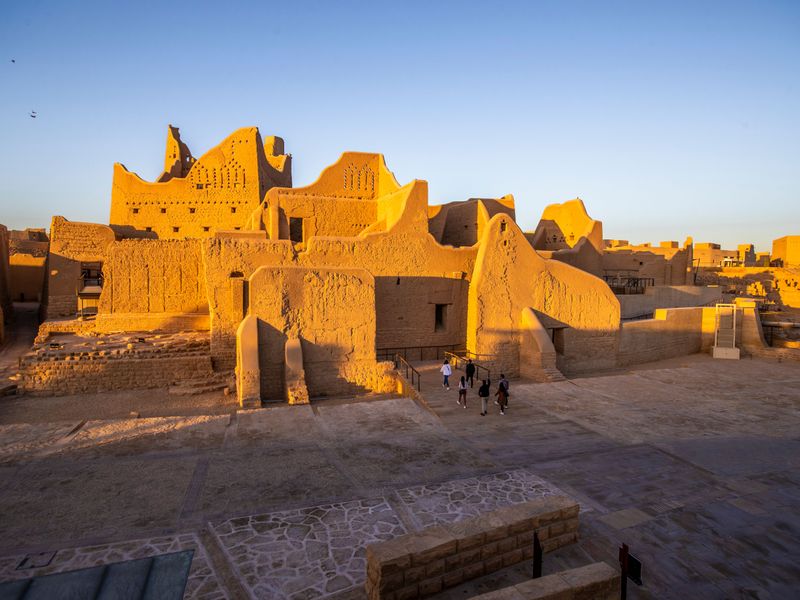
Rapid social changes clash with deeply conservative traditions. Recently opened to tourism, locals are still adjusting to Western visitors who may unknowingly violate unspoken cultural codes.
Saudi citizens often have complex views about American culture and politics. The kingdom’s modernization efforts create an interesting backdrop where you might encounter both ultramodern thinking and deeply traditional values within the same family gathering.
10. Egypt

Ancient hospitality traditions sometimes clash with frustrations about foreign influence. Street vendors can be particularly aggressive toward Americans, whom they often perceive as wealthy targets for inflated prices.
Egyptian citizens frequently distinguish between American people and policies. Political discussions about regional conflicts might emerge unexpectedly during your pyramid visit, revealing complex feelings about U.S. involvement in Middle Eastern affairs.
11. South Africa
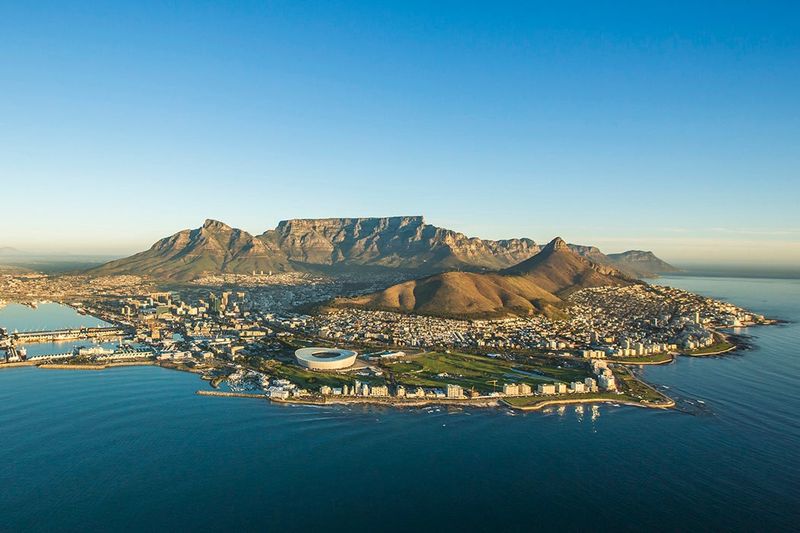
Historical inequalities remain visible in this rainbow nation. Conversations can quickly turn to American racial politics, with locals drawing parallels to their own apartheid history.
South African citizens often have nuanced perspectives on American social issues. Economic disparities in this stunning country may feel uncomfortably familiar to American visitors, potentially leading to challenging discussions about privilege and responsibility that transcend typical tourist experiences.
12. Mexico

Proximity breeds both familiarity and resentment. Border politics and immigration debates have intensified feelings about American visitors, particularly in non-resort areas.
Mexican citizens often have personal connections to migration stories. While tourist zones remain welcoming in Mexico, venturing into everyday neighborhoods might expose you to raw perspectives on border walls, deportations, and economic relationships that differ dramatically from resort experiences.
13. Germany

Historical awareness shapes modern interactions in unexpected ways. Casual American humor about World War II can fall devastatingly flat, while political discussions often reveal stark differences in worldviews.
German citizens typically have strong opinions about American politics. Environmental concerns, healthcare debates, and work-life balance discussions in Germany frequently highlight cultural differences that go beyond stereotypes about beer and efficiency.
14. India

Rising nationalism has complicated perceptions of Western visitors. Casual behaviors Americans take for granted—like public displays of affection or revealing clothing- can generate genuine local discomfort.
Indian citizens often have complex feelings about Western influence. The contrast between ancient traditions and ultramodern tech hubs in India creates situations where cultural expectations can shift dramatically between neighborhoods, making cultural navigation particularly challenging.
15. Indonesia

Religious conservatism varies dramatically across this island nation. Behaviors acceptable in Bali might cause serious offense in other regions, creating an invisible minefield for unaware travelers.
Indonesian citizens often have strong religious values influencing social norms. What might seem like harmless vacation behavior in this diverse archipelago—drinking alcohol, wearing swimwear outside beach areas, or public affection—can generate genuine discomfort among locals in more conservative regions.
16. Nicaragua
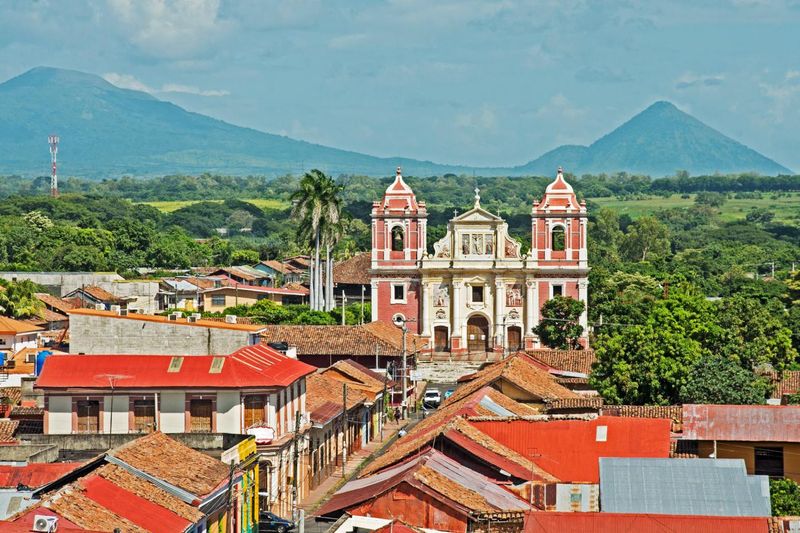
Political upheaval has created complex attitudes toward Americans. Government rhetoric often blames U.S. influence for local problems, potentially coloring interactions in official settings.
Nicaraguan citizens typically separate people from politics. The stunning volcanic landscapes and colonial architecture of Nicaragua provide a beautiful backdrop for potentially challenging conversations about intervention, sanctions, and regional politics that might emerge during your Central American adventure.
17. Israel
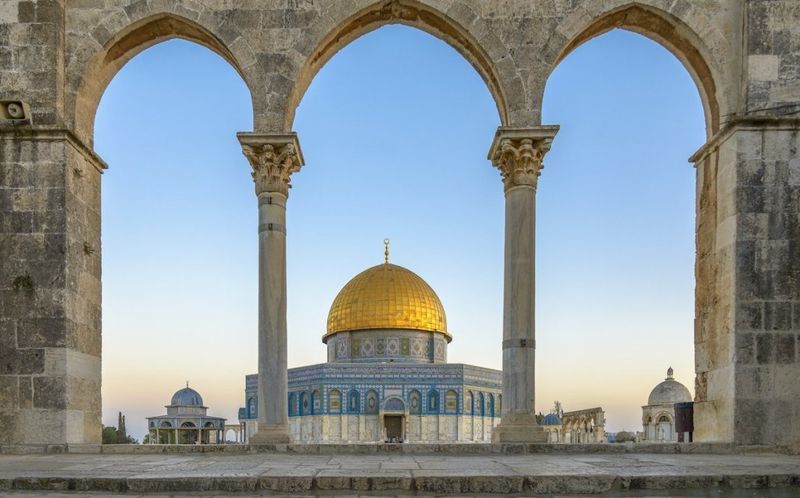
Regional conflicts create intense conversations about American foreign policy. Even casual mentions of politics can trigger passionate responses from locals with deeply personal connections to ongoing security situations.
Israeli citizens often have strong opinions about U.S. involvement in the region. The contrast between ultramodern Tel Aviv beaches and ancient Jerusalem streets mirrors the complex blend of perspectives you’ll encounter, where seemingly simple questions can reveal profound differences in worldview.
18. United Arab Emirates

Ultramodern skylines mask traditional values that still govern social interactions. Public behavior considered normal in America – from drinking alcohol outside designated areas to casual physical contact- can create legal issues.
Emirati citizens balance global business culture with conservative traditions. The stunning architectural achievements of Dubai and Abu Dhabi can distract visitors from understanding the underlying cultural expectations that govern this fascinating blend of futuristic ambition and traditional Arabian values.
19. Lebanon

Complex sectarian dynamics influence perceptions of American visitors. Different neighborhoods in Beirut might welcome or view Americans with suspicion depending on local political alignments and recent regional developments.
Lebanese citizens often have sophisticated perspectives on international politics. The incredible food scene and legendary hospitality in Lebanon create a welcoming atmosphere that might occasionally be interrupted by passionate discussions about American foreign policy in the Middle East.
